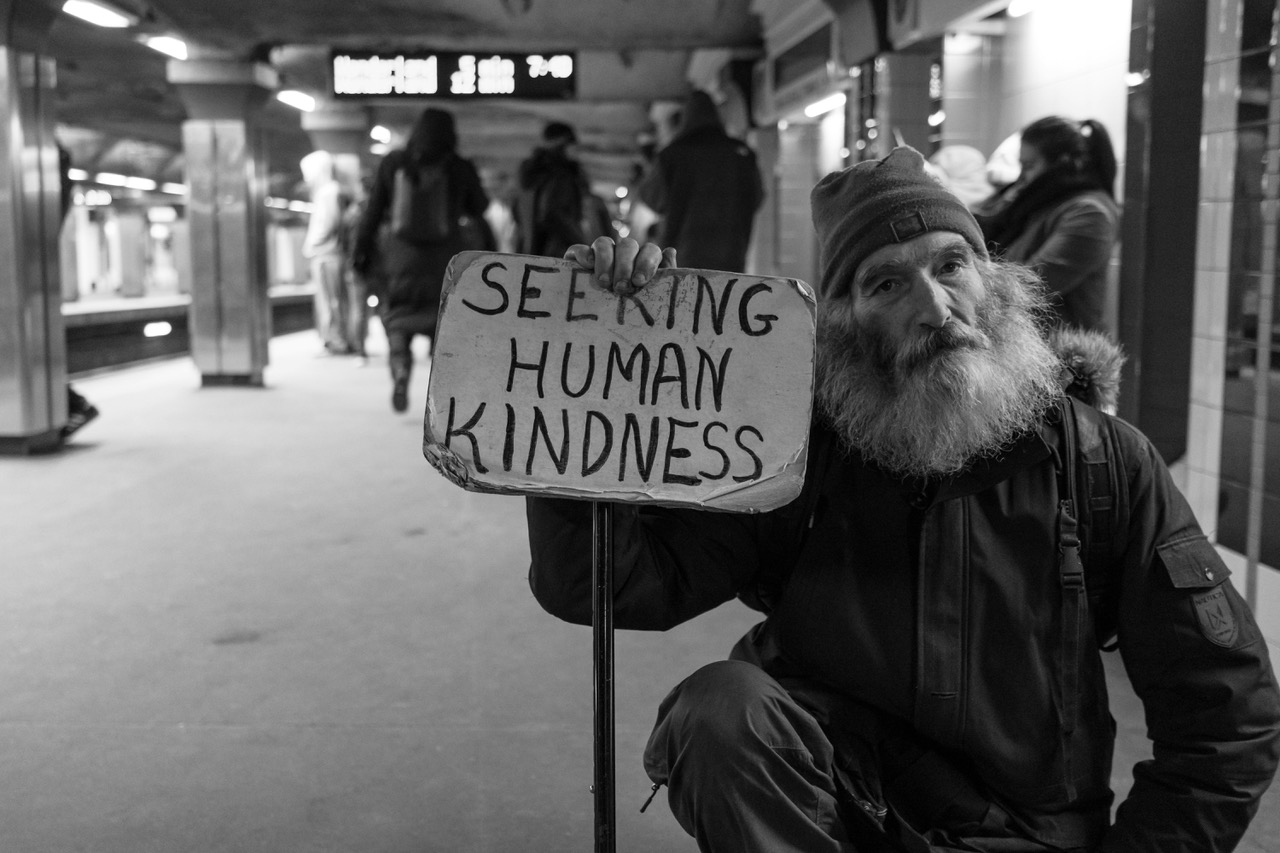Living in a World of False Perfection: A Reality Check

In the hustle of daily life, it’s easy to lose sight of the hardships many people face. For those of us living in the developed world, it’s all too common to become desensitized to the realities that others confront—our own lives often feel far removed from them. Between the routine of a 9-to-5 job and the comforts of modern life, it’s easy to forget that for many, even meeting basic necessities is a struggle.
The Trap of the Rat Race
The relentless rat race pushes us to constantly strive for more—more success, more money, more status. We chase these things because society tells us they define our worth. But in this pursuit, we forget to appreciate what we already have. Over the last two months, I’ve had the opportunity to travel through Latin America, where I grew up, and was reminded of the stark realities many people face daily. Growing up there, I was always conscious of how hard life can be for the majority. What many in developed nations take for granted—a decent life, access to education, or health care—is a dream for millions.
Luck, Entitlement, and the Illusion of Superiority
It’s important to remember that sometimes success is simply a matter of luck—being born in the right place, at the right time, or knowing the right people. Despite this, many who have more often fall into a dangerous trap: entitlement. It’s easy to believe that having more makes you better or more important, or even that your life matters more than someone else’s. This mindset fuels a sense of superiority and blinds us to the struggles of those who are less fortunate.
Yet, the truth is that not all people are to blame for their lack of prosperity. Corruption, weak institutions, and systemic inequalities play significant roles in the lack of opportunities in many places. At the same time, our education systems fail to teach the importance of service—of being part of the solution, not just chasing personal success. Instead, we’re pushed to focus on our individual achievements, leaving collective responsibility in the background.
Rediscovering Purpose and Humanity
As I reflect on these experiences, I realize that I don’t want to live far from these issues. I don’t want to become disconnected from the realities most people face. I’d rather stay close to these problems, to be part of the solution, and to pass on values like respect, integrity, and gratitude to my children. These are the things that keep us grounded and remind us of our shared humanity.
We’re often told that more is better—that accumulating wealth and possessions is the path to happiness. But in reality, this mindset breeds superficiality and a disconnection from what really matters. We’re rarely told to live better with less. In this world of abundance, many have gained more material wealth but lost their humanity. Worse, this abundance is concentrated in the hands of a few, while the majority continue to struggle, hoping for a better tomorrow.
Moving Away from False Perfection
As I’ve traveled and reflected on these realities, I’ve come to a decision: I don’t want to live in a world of false perfection. I don’t want to live in places where the problems are ignored, where comfort and success blind us to the struggles around us. There are real problems that need solutions, and distancing ourselves from them won’t help. I want to live with a sense of purpose, grounded in reality—not an illusion of perfection.